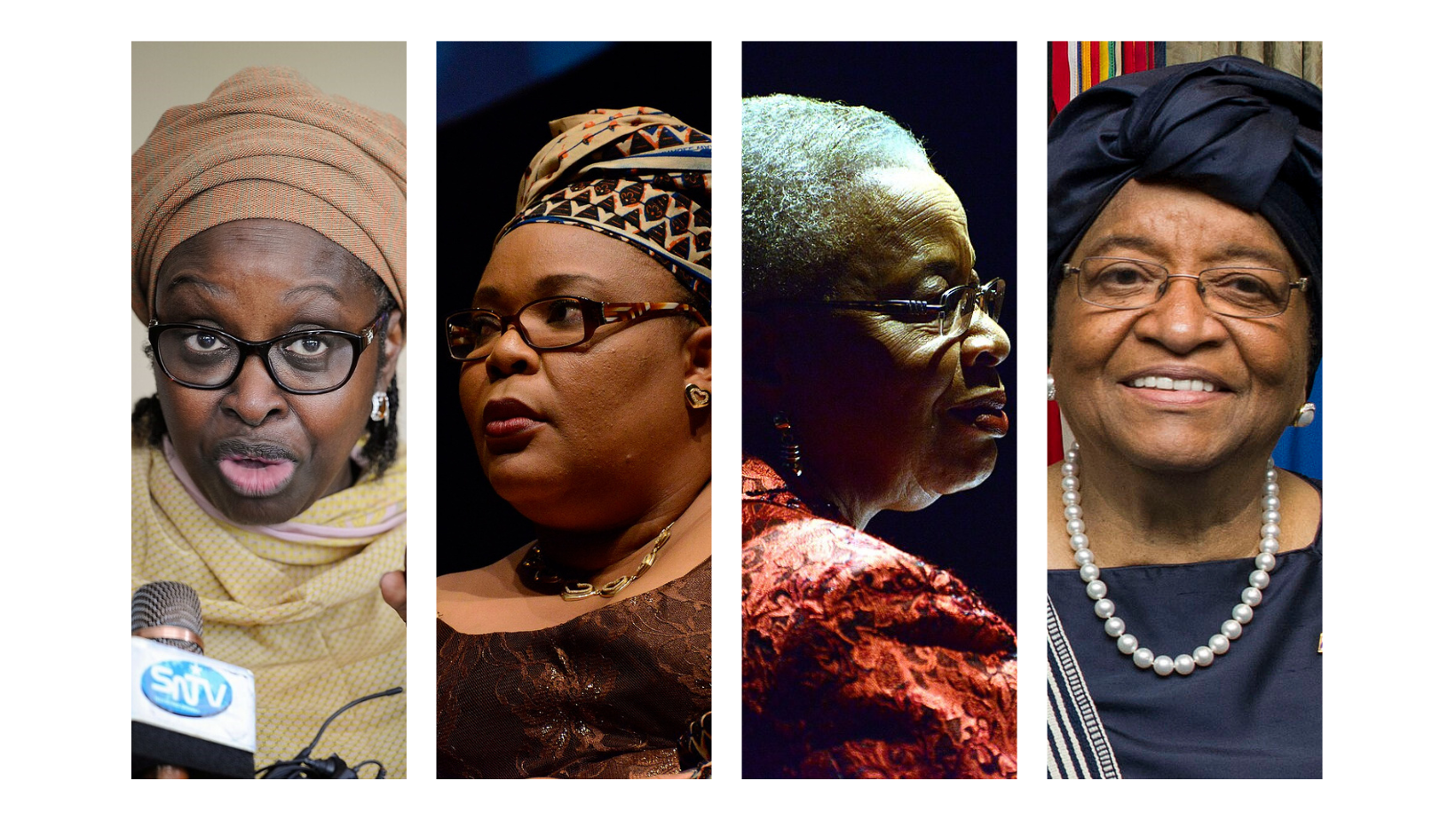Source: The First Inhabitants of China Were Black
China is a country with an extremely deep cultural and historical fabric. The country has been subject to waves of interactions from people around the world. Among these, one of the lesser-known but very important stories is that of Black people in China. The history of Africans in China ranges from the Silk Road of the Tang dynasty to the contemporary struggles and triumphs of African expatriates. This blog will discuss the historical, cultural, and social dimensions of Black history in China and bring light to the experiences of Africans, their contributions, and the challenges they face.
The first record of Black people in China was during the Tang dynasty (618–907 AD), which was known for booming trade and cultural exchange. The Silk Road, an immense network of trade routes that connected China to the world, allowed for the transfer of goods, people, and ideas.
Historical records indicate that “foreign Blacks” entered China during this period; they came from regions of East Africa, like Ethiopia and Somalia. They played multiple roles, ranging from merchants to slaves, and became a component of the multicultural milieu that would define Tang China.
These early Africans brought unique cultural influences and enriched the tapestry of Chinese society. Though they came in small numbers, it is a fact that they are there to show how ancient civilizations connected the world, something left out of Eurocentric histories.
The African Presence in Modern China
Fast forward to the 20th and 21st centuries, the relationship between Africa and China has evolved into a complex interplay of economic, educational, and cultural exchanges. With the rise of China as a global financial powerhouse, many African nations have entered into trade agreements with the country. These agreements have facilitated the exchange of goods and services and led to the migration of African people to China in search of education and employment opportunities.
However, experiences by Africans in China have never been monolithic. First, African educators have become key contributors to the education systems in China. For example, a Ugandan teacher told in the story above played an essential role in the school he served. On the other hand, systemic problems that included xenophobia, economic imbalances, and cultural differences negatively influenced the lives of most African expatriates.
The personal account of a family living in rural China underscores the duality of the African experience in the country. The narrator’s son thrived in his pursuit of Shaolin Kung Fu, but they also witnessed the harrowing struggles of fellow Africans.
One of the most heartbreaking cases is that of a young Ghanaian man, accused of marijuana possession, and sentenced to death. It makes one realize how vulnerable African migrants often are in foreign lands.
Employment is precarious for Africans in China. For many, the lifeline of teaching English is a double-edged sword: the attraction of Western aesthetics—blonde hair and blue eyes—is an obstacle that never goes away. When schools terminate contracts with African teachers, it becomes catastrophic. The cancellation of work visas leaves many stranded, facing exorbitant fines or potential imprisonment for overstaying.

The Impact of the COVID-19 Pandemic
The COVID-19 pandemic further worsened the situation of Africans in China. In cities like Guangzhou, African residents experienced massive discrimination, including eviction and denial of services. Misinformation and xenophobia led to Africans being blamed for the spread of the virus. With borders closed and resources scarce, many were forced to live on the streets and face unimaginable hardships.
The crisis has exposed deep-rooted issues in the treatment of Africans in China, calling for better protection and advocacy for migrant communities.
Historical Trauma and Contemporary Challenges
The challenges Africans face in China cannot be fully understood without considering the broader context of historical trauma. The Berlin Conference of 1884–1885, during which European powers divided Africa into colonies, set the stage for economic instability and systemic inequality.
Even after gaining independence, many African nations continued to be economically dependent on their former colonizers. It is often the lack of stable opportunities at home that makes highly educated Africans seek employment abroad, including in China.
This economic migration underscores a painful irony: while African nations supply natural resources and labor to global markets, their citizens frequently endure exploitation and marginalization abroad.
Despite the challenges, Africans in China have made significant contributions to society. For instance, African teachers have received recognition for their hard work and creativity in teaching Chinese youth. The bonds that are being created in classrooms and communities reveal the potential for cultural exchange and mutual respect.
The rich history of African presence in China challenges traditional narratives that neglect non-Western interactions. Africans played a role in ancient trade routes and have contributed to modern Chinese society, thus enriching our understanding of global history.
Moving Forward:
This world is becoming increasingly interconnected. To address the systemic issues that fuel inequality and discrimination, fair treatment, equal opportunities, and stronger support networks are imperative for Africans in China.
At the same time, mutual understanding and respect between African communities and Chinese communities can give way to more equitable, harmonious relationships. Therefore, education, dialogue, and cultural exchange are keys to breaking stereotypes and building bridges.
The history of Black people in China is one of resistance, cultural exchange, and perseverance. From the “Black foreigners” of the Tang dynasty to the African educators and entrepreneurs of today, all have contributed in so many ways to the enrichment of Chinese society.
However, their path to this has also had critical challenges ranging from historical injustices to the present xenophobia and economic struggle towards stability. In acknowledging this fact and working towards being better inclusive, we continue to support Africans in China’s heritage on a foundation of mutual knowledge and respect.
This is not merely a narration of the past but an appeal to achieve a better future for a brighter world where everyone can grow regardless of background.

Anand Subramanian is a freelance photographer and content writer based out of Tamil Nadu, India. Having a background in Engineering always made him curious about life on the other side of the spectrum. He leapt forward towards the Photography life and never looked back. Specializing in Documentary and Portrait photography gave him an up-close and personal view into the complexities of human beings and those experiences helped him branch out from visual to words. Today he is mentoring passionate photographers and writing about the different dimensions of the art world.





